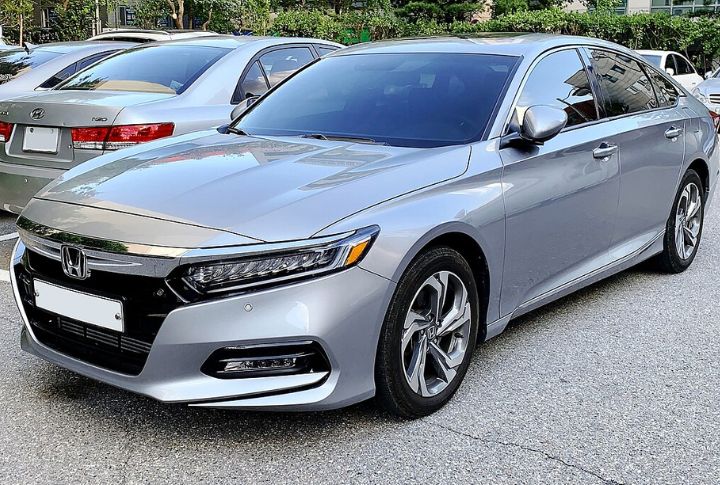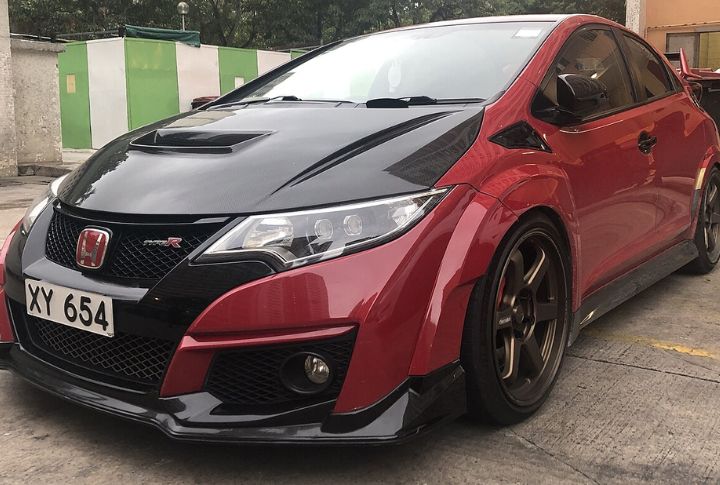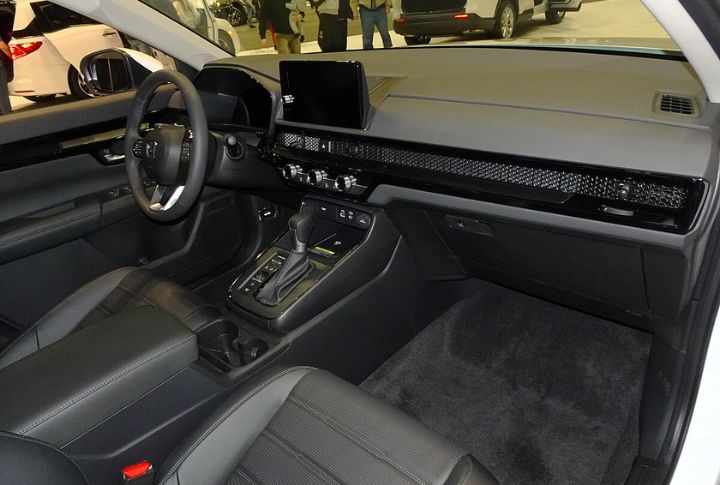
Car buyers debate Honda vs. Toyota like it’s a full-time sport—and for good reason. Both brands have loyal followings, but Honda continues to win over drivers with real-world reliability, long-term value, and performance that goes beyond the hype. If you’re weighing your options, here are 10 clear advantages that make Honda a smarter buy than Toyota.
Sportier Handling Across Most Models

Honda models are known for their responsive steering and smooth handling, especially around corners and curves. Whether you’re cruising through city streets or taking on winding roads, the drive feels confident and controlled. It’s not just about getting from point A to B—it’s about enjoying the ride.
Higher Resale Value For Certain Models

Thanks to their reputation for longevity and reliability, the Honda Civic and Accord maintain strong resale value. Used models are in high demand, usually appearing on “Best Cars for the Money” lists. Buyers seeking vehicles that retain worth over time frequently choose Honda over competitors like Toyota.
More Aggressive And Youthful Styling

Honda vehicles, such as the Accord and Civic, stand out with bold, sporty lines that appeal to younger buyers. From the Type R’s large rear wings to vibrant color options, the brand’s design language emphasizes a dynamic, youthful aesthetic that contrasts with Toyota’s more conservative, traditional styling approach.
Better Visibility From The Driver’s Seat

Daily driving becomes less stressful when roads are easy to read. Elevated seating and large windows in CR-V and Fit models provide a clear view of surrounding traffic. Drivers can make decisions faster, avoid tight spots, and handle unpredictable situations with greater assurance.
More Spacious Rear Seating In Sedans

Rear passengers enjoy plenty of space, with legroom and headroom that make longer trips comfortable. These Honda sedans handle adults with ease while keeping a practical, roomy interior. Families and carpools benefit from the thoughtful design, as it provides a level of comfort that Toyota struggles to match.
More Innovative Use Of Cabin Space In Compact SUVs

The Honda CR-V and other compact SUVs maximize interior space through clever design. Versatile cargo layouts, flexible seating arrangements, and practical storage solutions create a functional cabin for passengers and belongings alike, giving Honda an edge over competitors who often sacrifice usability for compact dimensions.
More Consistent Fuel Economy In Compact Models

Honda’s compact cars—like the Civic and Fit—are known for their fuel-efficient engines. Turbocharged versions strike a smart balance between power and mileage, often matching or outperforming Toyota’s equivalents in real-world driving. That reliability means drivers enjoy strong fuel savings without sacrificing performance.
More Engaging Driving Experience In Entry-Level Trims

Even Honda’s base trims deliver an engaging drive, thanks to sporty suspension setups and responsive handling. The Civic, for example, gives a dynamic feel that contrasts with Toyota’s typically comfort-focused entry-level models. Drivers enjoy a spirited, agile experience without needing to upgrade to higher trims.
Easier DIY Maintenance And Repair Access

Simplicity drives the engineering approach here. Components occupy sensible positions that any capable owner can reach. A straightforward layout means you won’t need special tools for basic upkeep. Routine maintenance becomes less intimidating when everything makes visual sense. The result is independence from costly service appointments and greater control over vehicle care.
Greater Availability Of Hybrid Powertrains In Non-SUV Segments

Sedan lovers no longer need to compromise on efficiency. Accord and Civic hybrids deliver exceptional fuel economy in traditional body styles. Other brands push buyers toward SUVs for hybrid technology, but this approach ignores a simple truth: not everyone wants a taller vehicle, regardless of how efficient it might be.
